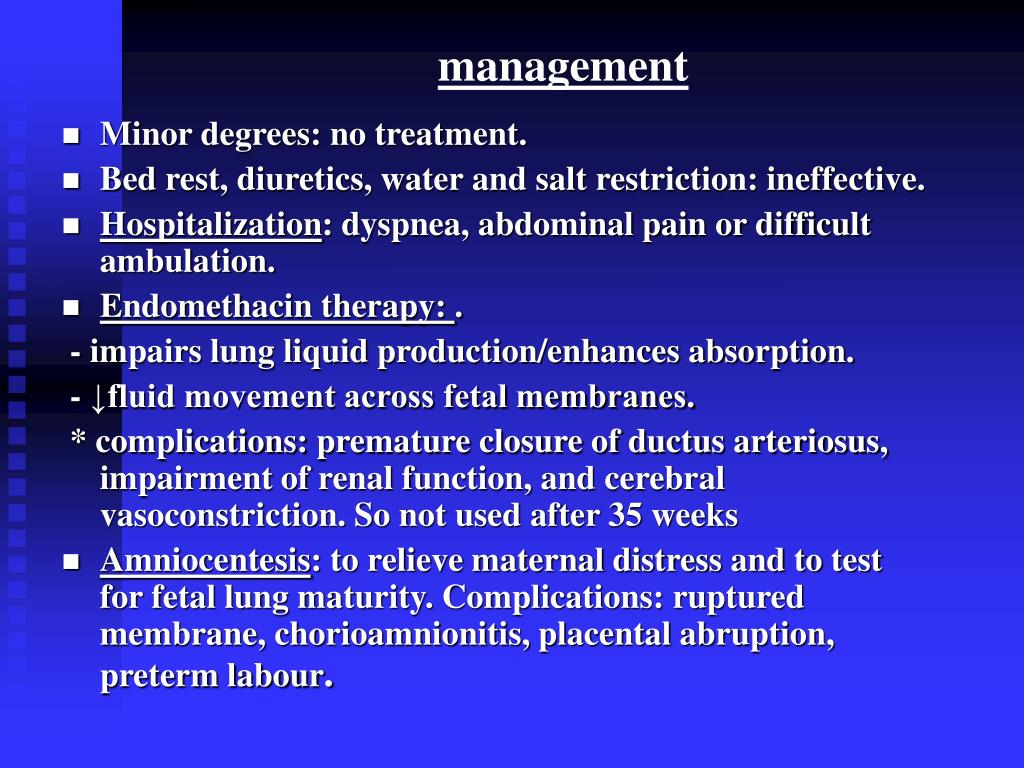
Considered an unpredictable and unpreventable event, AFE may occur in healthy women anytime during the second trimester of pregnancy up to 48 hours after delivery.ĭue to the anaphylactic type reaction, many hypothesize that AFE is a result of the mother having an allergic reaction to the amniotic fluid or other fetal material. Unfortunately, the cause of an amniotic fluid embolism is still unknown. It’s estimated that AFE occurs between 1 in 8,000 and 1 in 80,000 deliveries, with a maternal fatality rate of approximately 13-26%, and fetal fatality rate of around 10%, relative to when AFE occurs during pregnancy or delivery. While we do know that AFE is a rare event, we don’t know exactly how rare. When AFE occurs, the body undergoes what is similar to an anaphylactic reaction, which may lead to organ dysfunction, cardiovascular collapse, coagulopathy (blood not clotting), and death. An AFE is most likely to occur during labor, soon after delivery, or during second-trimester procedures to abort a fetus or remove tissue following a miscarriage. What’s an amniotic fluid embolism?Īn AFE, or amniotic fluid embolism, is a severe pregnancy complication that occurs when amniotic fluid or fetal cells and debris enter the mother’s bloodstream. Lastly, amniotic fluid is used as a tool for doctors when monitoring pregnancy progression and potential fetal outcomes. Without it, normal development and growth of fetal organs would be impossible due to the fluid and space it allows inside of the womb. Amniotic fluid also has antibacterial properties and acts as a reservoir of fluid and nutrients for the fetus. There are many functions of amniotic fluid, including protection from maternal abdominal trauma and compression. What is amniotic fluid?Īmniotic fluid refers to the liquid surrounding a fetus during pregnancy. While it is rare, you may want to know what signs and symptoms to look out for as well as inform yourself about the ways to lower the risk of AFE. Have you heard of AFE? AFE, which is the acronym for amniotic fluid embolism, is a rare but serious pregnancy complication that can be very dangerous for you and your baby.

Read on to learn more.īy OBGYN and fertility expert Dr.
#LOW AMNIOTIC FLUID SYMPTOMS HOW TO#
Knowing how to spot amniotic fluid embolism signs and symptoms can help keep you and your baby safe.


 0 kommentar(er)
0 kommentar(er)
